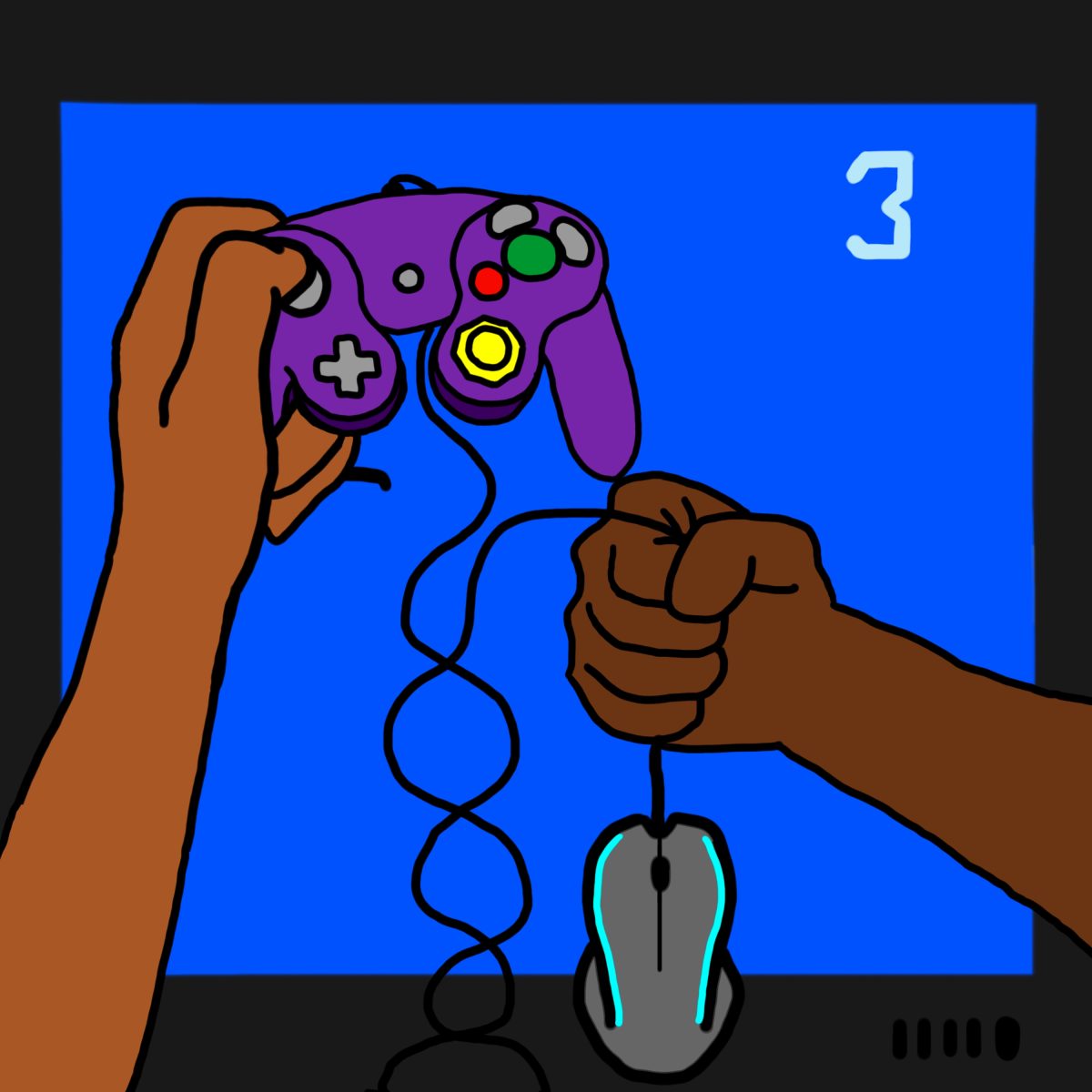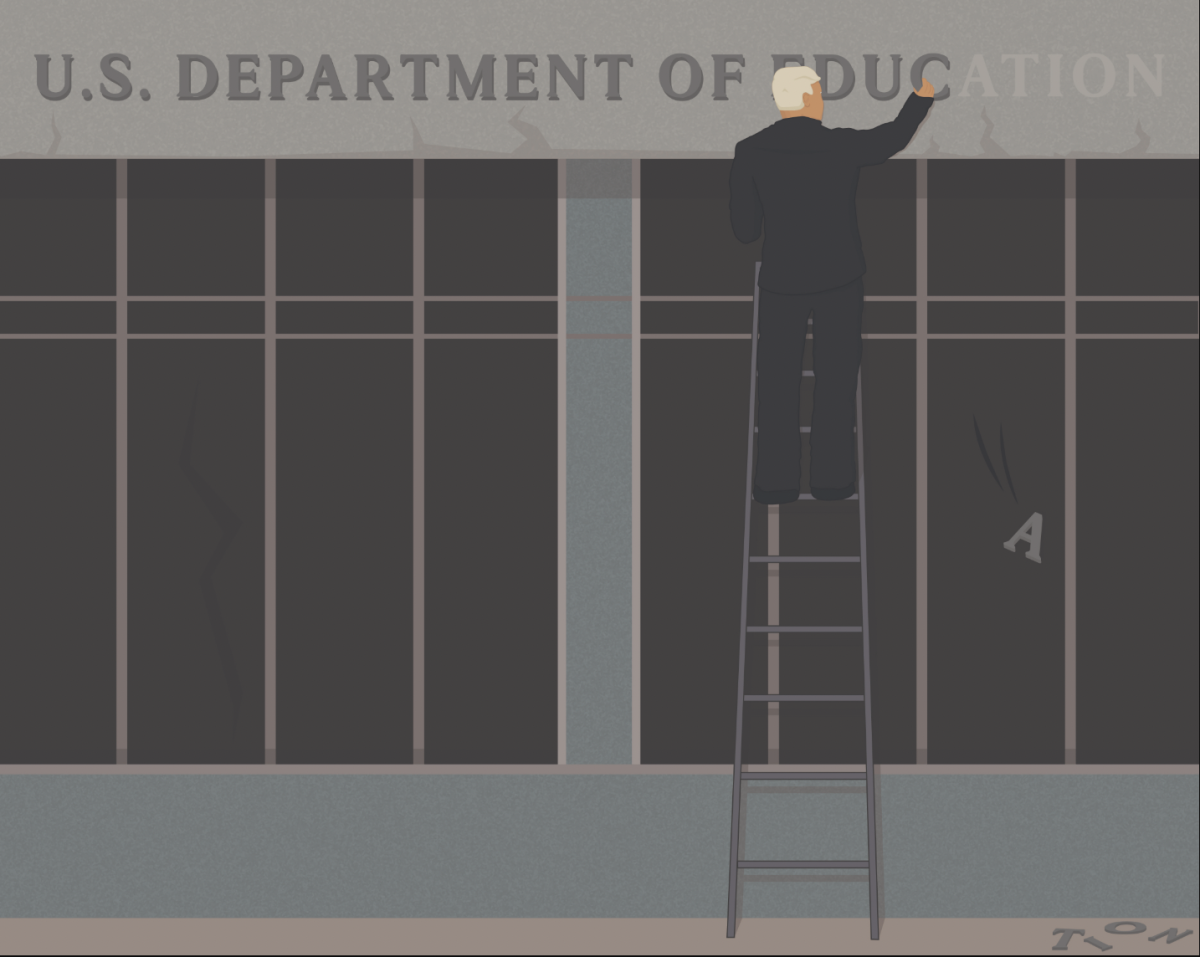Sports and entertainment have a history of being one-track, get-rich-quick opportunities.
Electronic sports or “eSports” is the competitive variant of the ubiquitous pastime of video games. While its prevalence is slowly climbing with the potential to be a prime-time sport, eSports also has the potential to be another avenue out of poverty.
Take LeBron James, Kendrick Lamar, JK Rowling, Justin Bieber or Oprah Winfrey for example. Each of these individuals were impoverished prior to being some of the biggest entities in their respective fields. However, the one similarity between each of their successes is that they are based in sports or entertainment. The reason behind why most of the greatest come-up stories are based in athletics or the arts has to do with accessibility.
It is no secret that when you are born into a low-income life, it is very difficult to escape the vicious cycle of poverty due to various systemic factors. Oftentimes, it becomes a struggle between securing their family’s next meal and distracting themselves from the physical and emotional pain that comes with poverty. However, rather than turning to drugs or crime, occasionally individuals will choose to hone a craft that they can access.
That is what makes football, basketball and the arts so potent. Footballs and basketballs can be cheaply made and the sports do not require expensive equipment for someone to become highly skilled. eSports is no different. It too has a low cost of entry with about 80% of households already owning a gaming console.
The culture of eSports is predominantly middle to upper-class white males attempting to dethrone the few Koreans who dominate most games. However, this culture serves as an opportunity for impoverished communities in the U.S. because shortcomings of the league, in regards to its entertainment value, are likely linked directly to its shortcomings in diversity.
eSports is also a young industry fueled primarily by tech companies buying teams for the ad space. There is plenty of room for commercial growth with merchandising and syndication. However, even without utilizing everything eSports leagues have to offer, the sport is still a multimillion-dollar spectacle. This year’s prize pool for the most popular and longest running competitive game, DOTA 2, is 24 million dollars, and the winnings have increased every year since the tournament began.
It is clear that there are opportunities to obtain worthy compensations in eSports. Therefore, colleges and high schools should respect it as a serious form of competition and create opportunities around them. There are plenty of kids who already spend much of their time playing video games. If colleges establish scholarships for eSports players it allows impoverished students another avenue to afford college, whilst allowing schools to tap into a multimillion-dollar industry.
Society could continue to perpetuate the elitism surrounding gaming and geek culture as they scoff at the idea of video games being a sport, or we could recognize the win-win opportunity at hand and encourage the youth to get good at video games the same way we encourage basketball players to be good at their sport.
There is no difference between the cerebral tenacity required to play a video game at an intellectual level to that of any other mainstream sport. In fact, hand-eye coordination and reaction times are integral to video games the same way football and basketball require.
Neither sports nor entertainment are by any means a solution to poverty. However, while we work to uproot the systematic issues that perpetuate poverty in certain communities, it is good to create avenues that can help at least a few individuals escape such hardships.
Categories:
Texas State should offer a scholarship for video games
October 13, 2017
Photo Illustration by Israel Gonzalez | Staff Illustrator
0
Donate to The University Star
Your donation will support the student journalists of Texas State University. Your contribution will allow us to purchase equipment and cover our annual website hosting costs.
More to Discover









